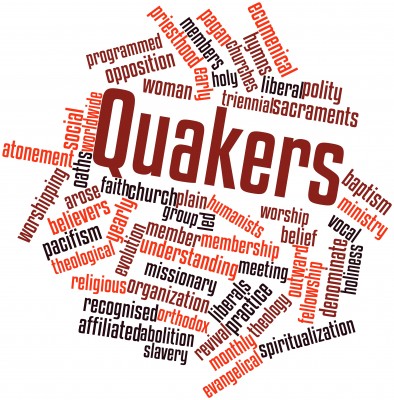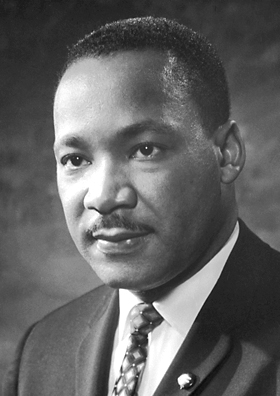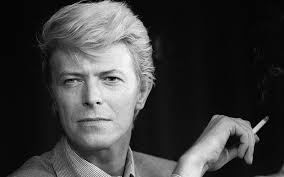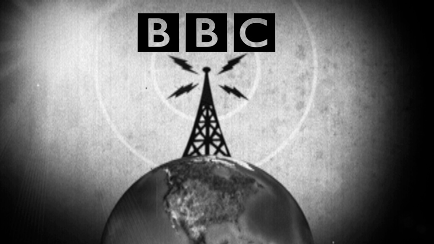“Words, words, words. I’m so sick of words.” I identify strongly with that outburst of Eliza Doolittle in My Fair Lady. As a Baptist minister I come from a culture that is heavily dependent on talking. In a year’s preaching, praying, singing and visiting I must use millions of words and with the best will in the world I can’t pretend that they’re all necessary or helpful.
But it’s August and I’ve got some time off. I’m not taking any services during this month and during the summer break for the last few years I’ve found it’s helpful for me to go the Friends’ Meeting House in Abergavenny on a Sunday morning to sample and enjoy the Quaker way of doing things.
It’s in stark contrast to what I’m used to. Instead of this feeling that every moment of the hour of worship needs to be filled with songs, prayers, ideas and explanations, the Quakers start from silence. It’s not uncommon for there to be whole half hours when no one says anything. And when at length somebody does speak, it’s usually brief and well ordered. This often gives it considerable weight and makes it all the more memorable for that. I can still recall quite a lot of the things I have heard spoken into the silence. Of course, the Friends do far more than just sit without speaking – their reputation for integrity in business, social justice and striving for world peace is second to none.
Opportunities to take stock and maybe seek fresh inspiration are like gold dust in our busy lives. Often in the holiday period we may get the chance to broaden our experience and that can bring fresh strength and faithfulness to our lasting responsibilities. I know that however much I like to dip my toe in I don’t really belong to the Quakers and when I go back to my own church in September, I don’t intend to be standing there in front of the congregation without having plenty of things to say already prepared. I do hope, though, that some of the thoughtfulness and inwardness of the Society of Friends will have rubbed off on me and give some extra depth to the spoken ministry I will bring.









